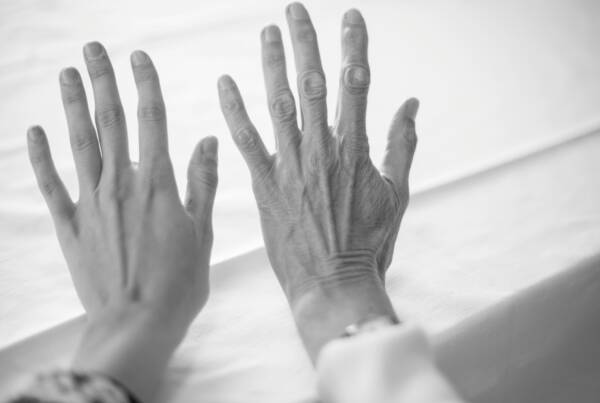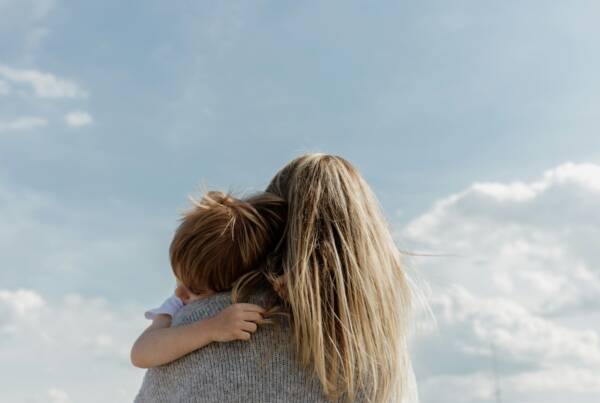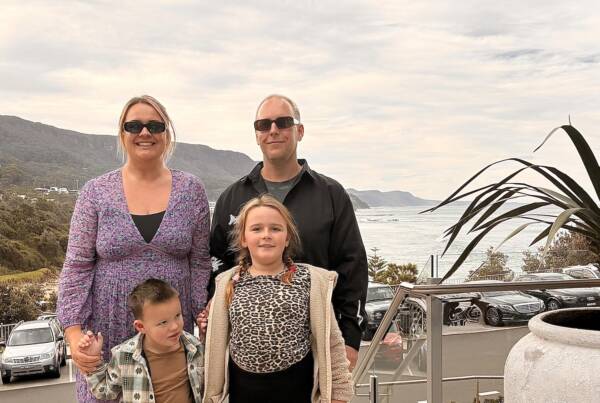Writing by Kitty Lloyd // photograph by Sincerely Media
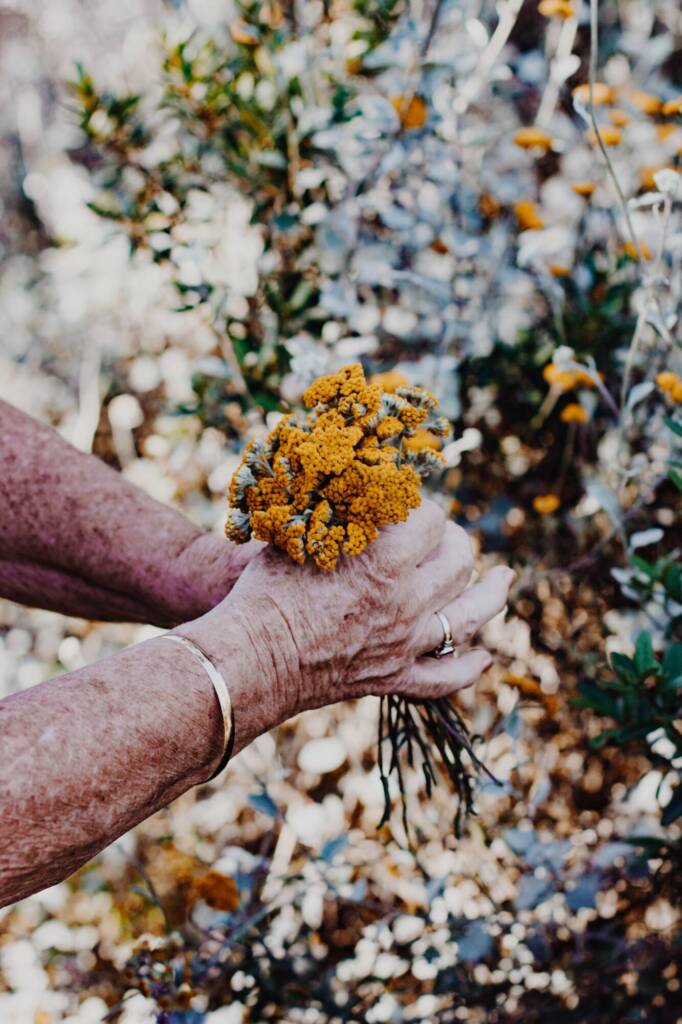 Last month, TikTok’s now infamous ageing filter erupted online to Gen Z’s laughs, screams and cries at a glimpse of their realistically aged selves. A couple of clicks and you’re confronted with your own immortality. Or worse: the face your retinol regime promised to fight against: saggy cheeks, eye bags and forehead wrinkles.
Last month, TikTok’s now infamous ageing filter erupted online to Gen Z’s laughs, screams and cries at a glimpse of their realistically aged selves. A couple of clicks and you’re confronted with your own immortality. Or worse: the face your retinol regime promised to fight against: saggy cheeks, eye bags and forehead wrinkles.
Whilst TikTok’s fringes have always been home to body shaming, the age filter marked a different moment altogether. The last few years may have seen a collective move away from ever cringing and crying at an appearance that’s someone’s reality. This filter seemed to be the exception. Accumulating over 13 million videos, most of these involve creators gawking at their matured selves in fear, scored to the audio “I need to buy a gun”. Despite body positivity’s pushes to unlearn beauty standards, the trend was unafraid to laugh at the aesthetics that define the natural reality for much of our population.
Light hearted and generally innocent, the wave of TikTok content featuring the Aged filter confirms how uncomfortable young people are with the optics of age. But more importantly, it also confirms how comfortable they are with some degree of ageism. Kylie Jenner’s now viral reaction to the filter offers us the general consensus: “No… I don’t like it at all.”
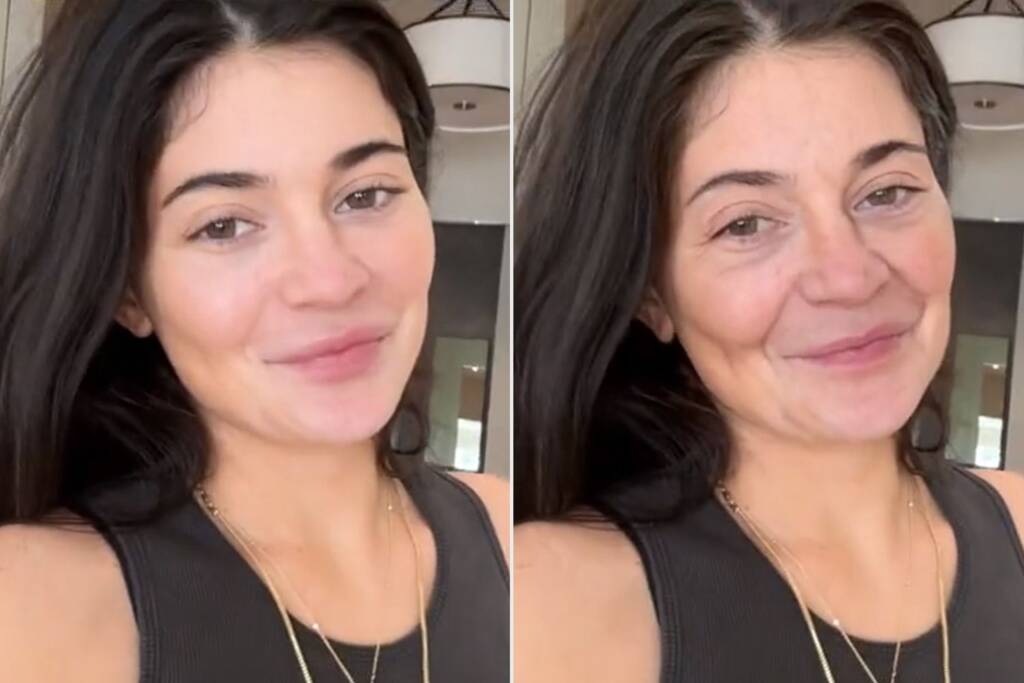 Aestheticism over existentialism
Aestheticism over existentialism
Our age-old fear of ageing that this filter triggers is compounded by today’s culture of body editing and plastic surgery. Likely, we’re just desensitised to natural looks. The current internet landscape experiences a culture of ageism that’s more subtle than what we’ve seen before. Ageism today is dedicated to the politics of personal choice, led by the likes of preventative skincare and baby botox. As conversations around anti-aging procedures grow less and less taboo, it’s harder to suppress the subtext that ageing is less and less ideal.
And it’s no surprise, particularly within women. Anti-aging regimens aren’t a sign of self-absorption but a defence mechanism against the gaze of a youth-obsessed culture. Youth is usually a key aspect of pretty privilege, granting access and even sometimes, safety. The Aged filter gives us a glimpse into life when it’s faded.
The growing trend of anti-ageing procedures within younger generations hits at our culture from the offence as our mainstream still has no issue ridiculing aged women. It also has no issue chastising those who get procedures to escape this fate.
Our wellness-obsessed culture is always looking for new tools and tips to self-optimise as many of us strive towards the mirage of immortality. Living forever has captivated imaginations throughout history, and modern medicine has unlocked the closest we know to a fountain of youth with face lifts, neck lifts and lipo.
Whilst life expectancy soars beyond the civilisations that invented myths like the fountain of youth, we still idolise the aesthetics of being young. In today’s world, our fear of ageing comes from a place of optics, as we seek to tighten our skin, plump our cheekbones and dry brush away cellulite. We don’t necessarily want to live forever, as we want to avoid the life we associate with being old – coded of course, as self-care.
Bridging the generation-gap
The dominant experience of our ageing population doesn’t offer much peace of mind that decline of youth isn’t something to fear. This latest filter frenzy is backdropped by the current aged care epidemic marked by “atrocious conditions”. Last year’s Aged Care Quality and Safety Commission gave a harrowing insight into the systematic treatment of elderly Australians which found major issues of understaffing, allegations of abuse and a trend of psychological distress.
The behaviour on social media might seem like a far stretch to the ongoing aged care crisis, but the undercurrent of disrespect in Gen Z’s responses to the Aged filter is the same sentiment that drives our growing indifference towards old people and their experiences. The systems of ageism have existed long before Gen Z’s time but cases such like this, are symptomatic of a wider cultural trend of fearing the elderly experience.
Of course, the Aged filter has existed within the same online circle who caught themselves crying at Barbie’s infamous bus bench scene. In addition to a demographic that was enthralled last year in the coastal grandma trend. A genuine interest and sympathy exists for our ageing population which seems to get blurred by the legacy of the generation gap that keeps us divided.
Instinctually, Gen Z has taken up the habit of defining themselves against older generations – likely as a power grab in a political scene that grants them little. With the birth of cheugy and Millennial hate throughout the early 2020s, the youngest generation is no stranger to shaming the experiences of those older than them. Although those cases aren’t obsessed with body aesthetics, these moments have set a precedent of eyerolls you can expect once you’ve aged out of touch.
The unguarded fear of being confronted with our elderly selves whilst scrolling TikTok or cringing at millennial Disney adults might simply not be that deep. Or instead, it even might just be a well-earnt response to being the only generation worse off than the one before them.
But long term, there’s no winners from the generation gap as we repeat and relearn the same lessons over and over. Whilst preserving the culture of ageism, we promise ourselves the same fate when it’s our turn. It’s this gap between generations that has us reinventing the wheel time and time again.




